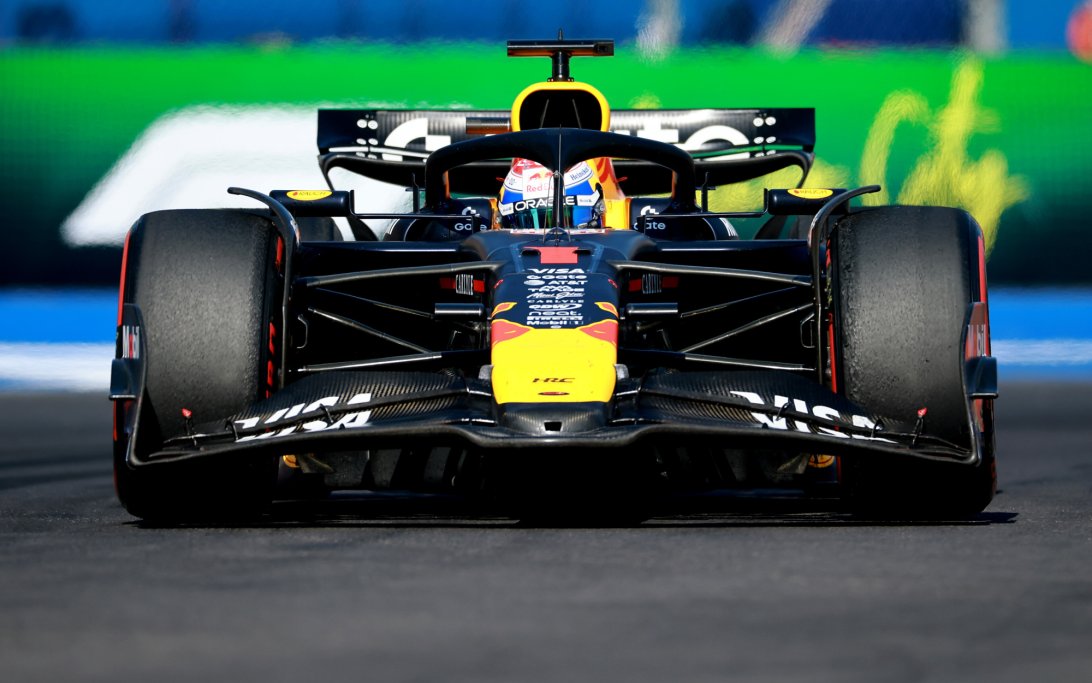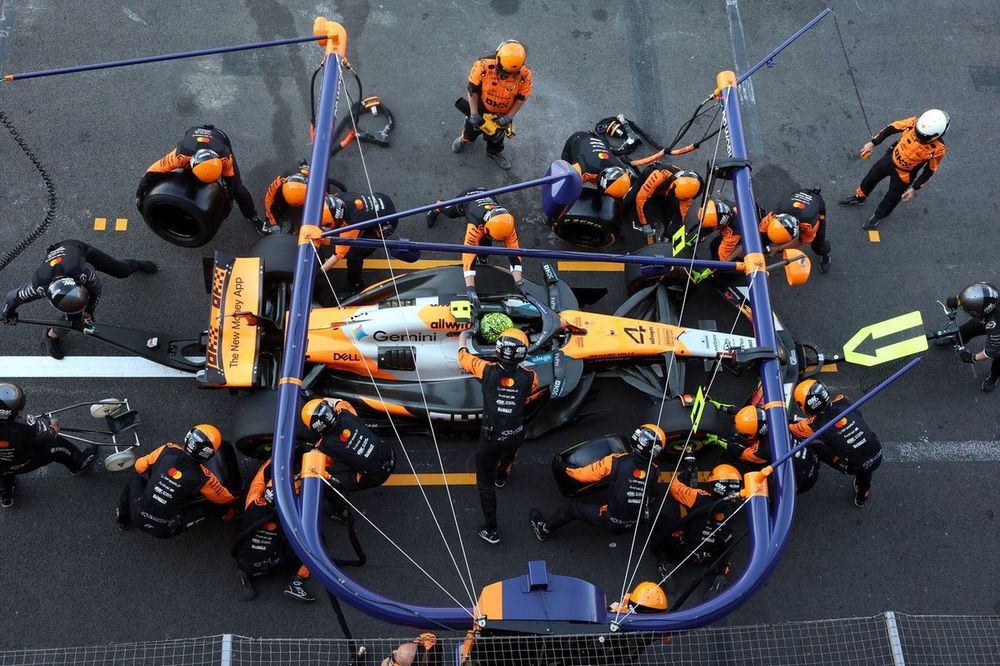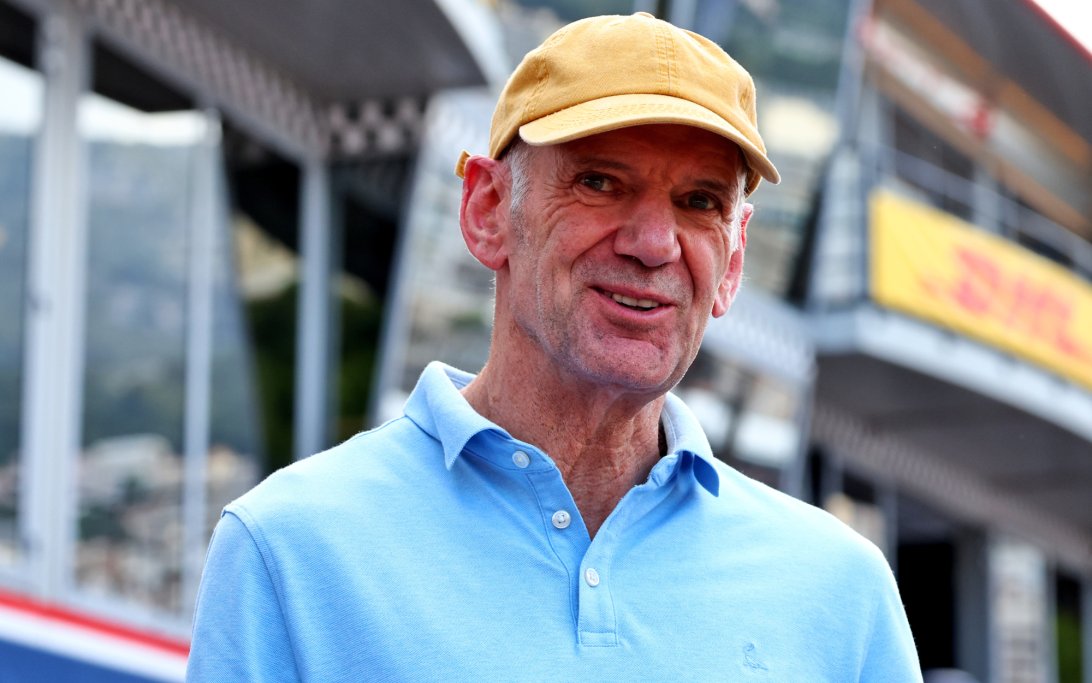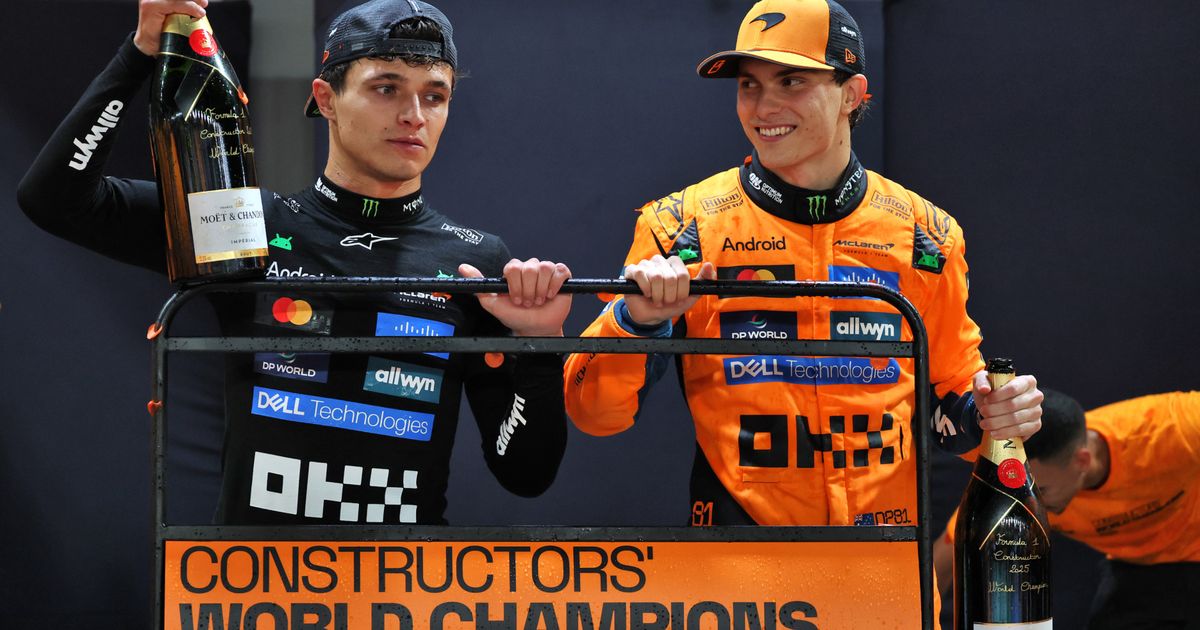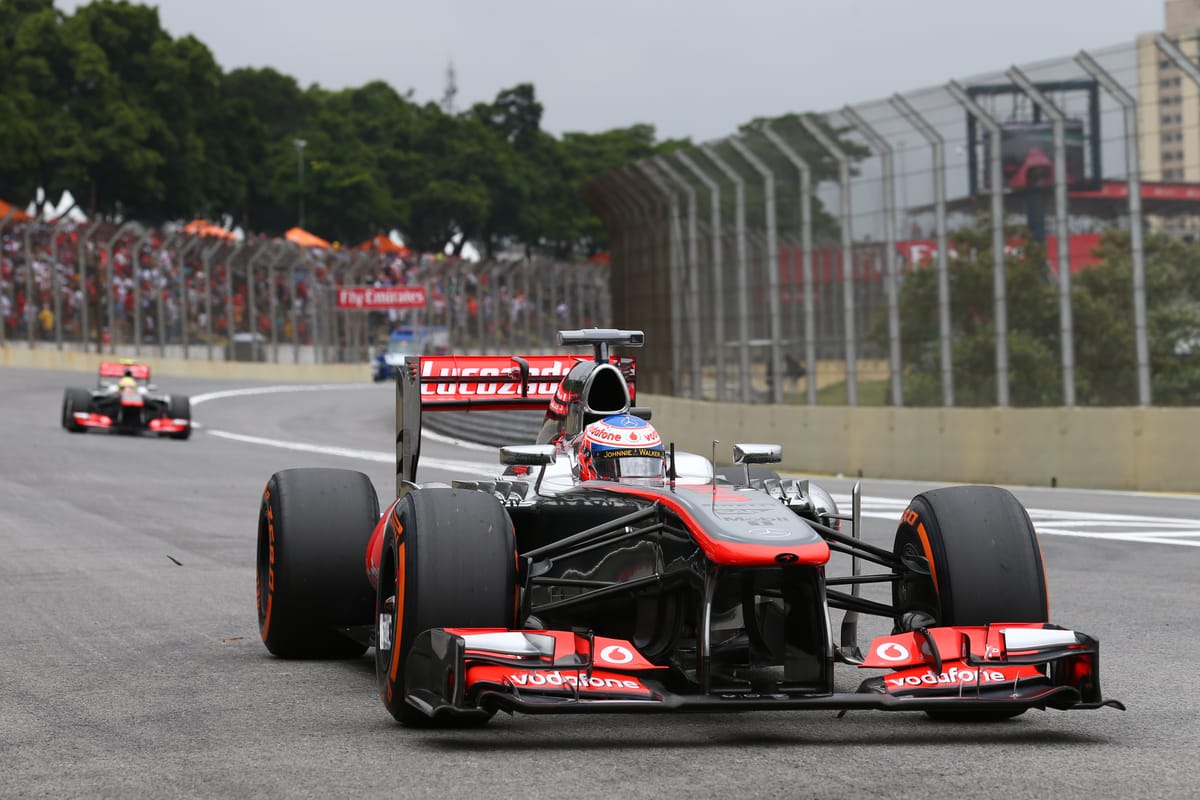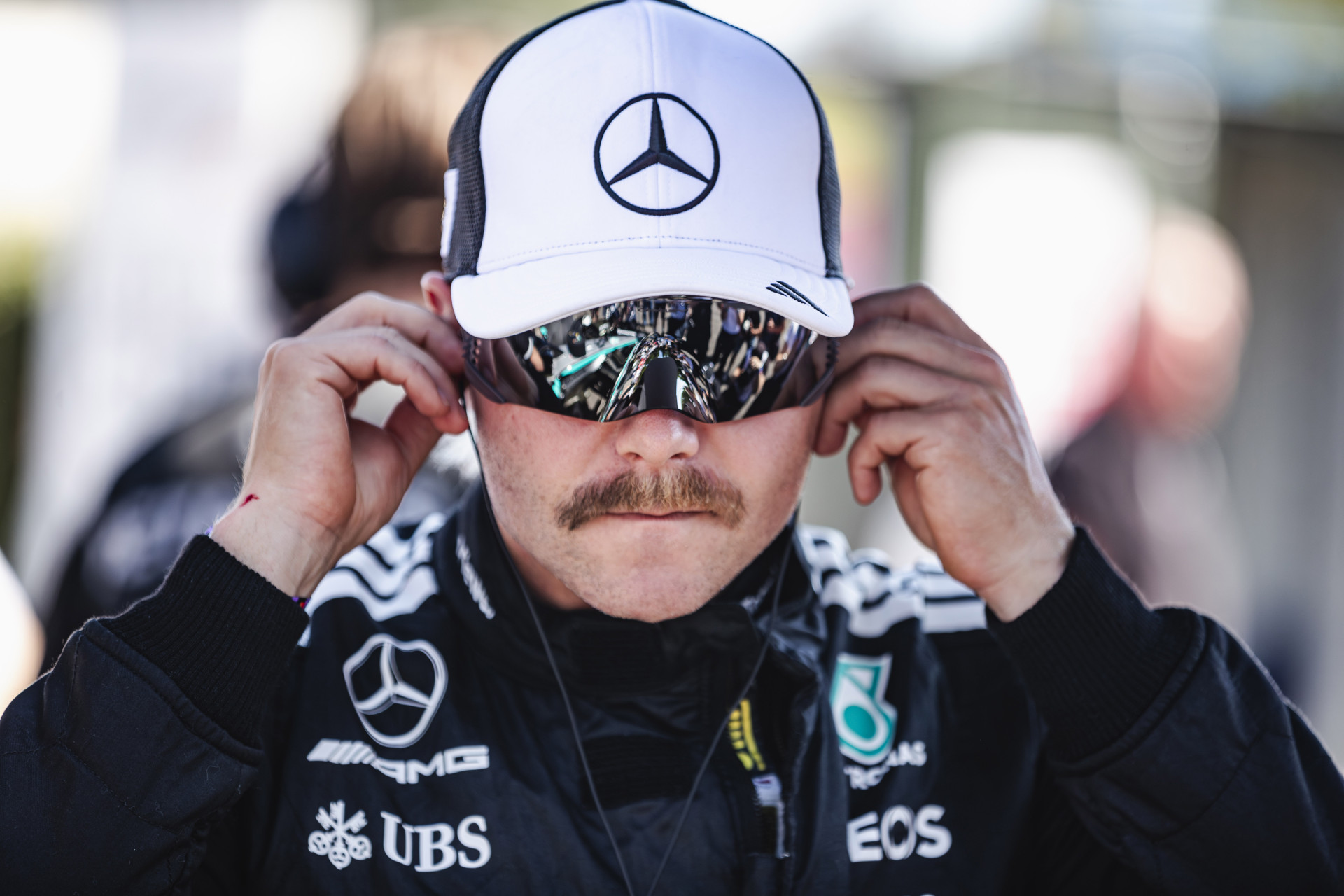
F1 Contracts: Banning Scuba Diving While Allowing Space Travel
Valtteri Bottas, the Mercedes test and reserve driver set to return full-time with Cadillac in 2026, revealed an unusual clause in his F1 contract: he's prohibited from scuba diving but allowed to travel to space. This peculiar restriction highlights the diverse and often strange contractual limitations placed on Formula 1 drivers to protect their physical condition and, ultimately, their teams' investments.
Why it matters:
Formula 1 contracts are meticulously crafted legal documents designed to safeguard teams' multi-million dollar investments in their drivers. While obvious bans on high-risk activities like skiing or skydiving are common, the specific and sometimes contradictory nature of these clauses, as highlighted by Bottas, showcases the unique considerations teams make to mitigate risks while occasionally accommodating individual driver preferences.
The Details:
- Scuba Diving Ban: Bottas is explicitly banned from scuba diving due to the potential for inner ear and balance issues, which could impact his performance on track. He called this the "strangest restriction" in his contract.
- Allowed Thrills: Despite the scuba diving ban, Bottas is permitted to engage in other high-speed activities, such as driving snowmobiles at speeds up to 200 km/h, which is notable given the risks associated with such speeds.
- Individualized Contracts: Bottas emphasized that contractual restrictions are highly individual, varying significantly between teams and even between drivers within the same team.
- Lewis Hamilton's Exception: His former teammate, Lewis Hamilton, was permitted to skydive because the team was aware of his passion for it, illustrating the flexible nature of some clauses based on a driver's relationship with their team.
- Max Verstappen's Restrictions: Max Verstappen has publicly stated he is banned from "dangerous sports," including skiing, and has abstained for five years to prevent career-threatening injuries.
- Leclerc's Skydiving Incident: Charles Leclerc faced repercussions from Ferrari after skydiving without permission, leading him to vow not to repeat the activity.
- Hidden Dangers: Even seemingly benign activities can lead to issues, as seen with Juan Pablo Montoya, who missed races in 2005 after a tennis accident, though rumors of a motocross incident persisted.
- Insurance Clauses: David Coulthard pointed out that while some activities like motorbiking might be permitted, drivers are expected to act responsibly. F1 teams often include insurance clauses in contracts to cover potential injuries, protecting their financial interests.
Between the lines:
These stringent rules underscore the immense pressure on F1 drivers to maintain peak physical condition. The sport's reliance on driver performance means any injury, however minor or sustained off-track, can have significant implications for a team's championship aspirations and financial standing. The selective application of rules also hints at the negotiation power certain drivers possess or the trust built with their teams.
What's next:
As F1 continues to evolve and contracts become increasingly sophisticated, it's likely that teams will continue to refine these clauses, balancing driver well-being and personal freedom with the imperative to protect their investments. The ongoing discussion around mental health and driver welfare might also influence future contractual agreements, potentially leading to more nuanced approaches to off-track activities.
Original Article :https://speedcafe.com/f1-news-2025-weird-rule-valtteri-bottas-contract-driver-fo...


